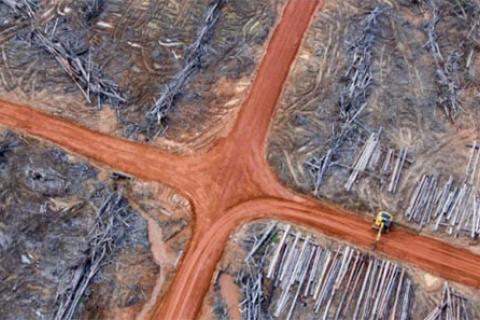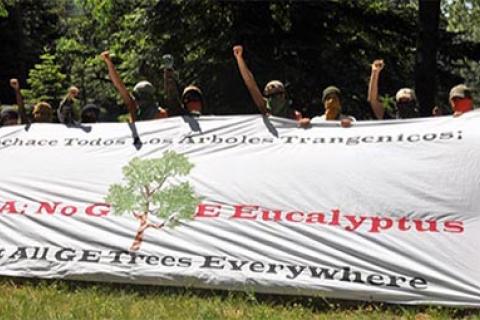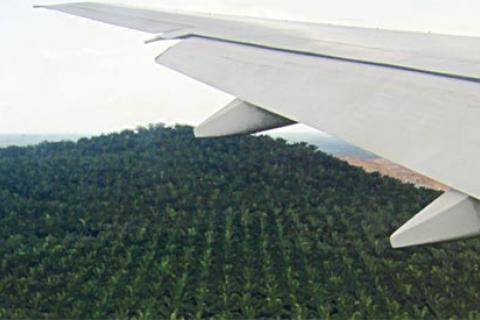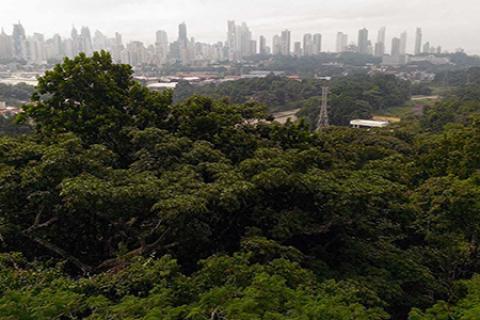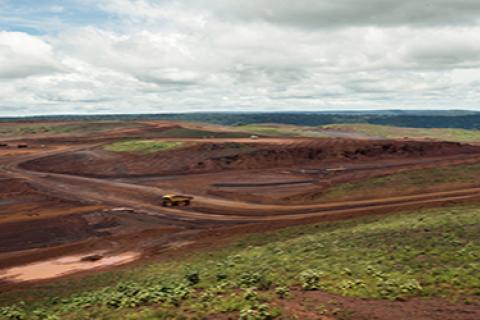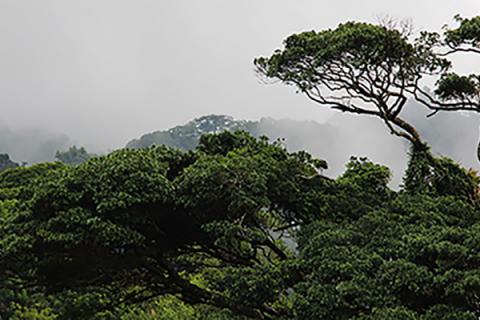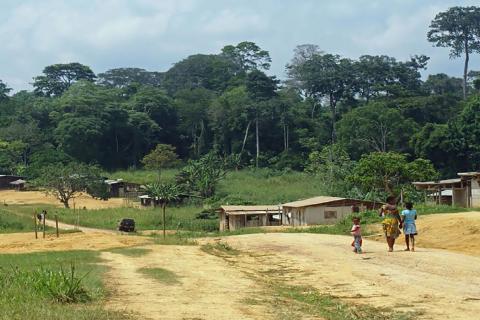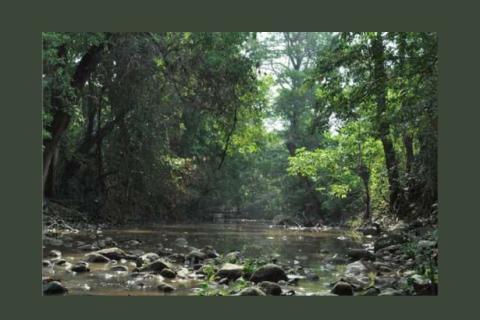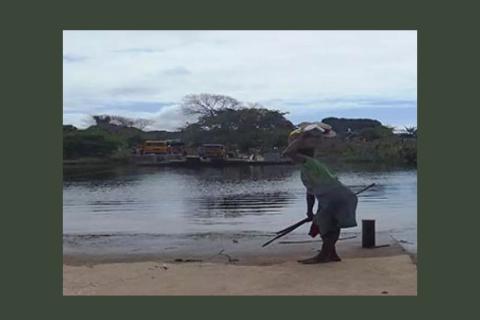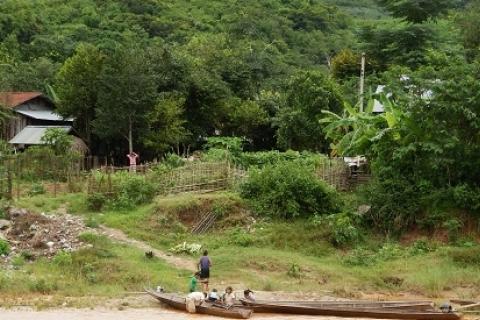For over 20 year now, certification schemes such as the Forest Stewardship Council (FSC) and the Roundtable on Sustainable Palm Oil (RSPO) (1) have helped plantation companies secure their profits and protect their reputation. How do they do that, when the impacts of large-scale industrial eucalyptus, pine, acacia and oil palm plantations are so obvious for all to see?
Bulletin articles
Photo: STOP GE Trees Campaign
From 11th to 13th October, Mexico City will be hosting a High-Level “Conference on Aviation and Alternative Fuels” convened by the International Civil Aviation Organisation (ICAO). ICAO is a specialised UN organisation with a long record of representing the interests of the aviation industry, i.e. airlines and aircraft manufacturers.
Photo: Ecos Córdoba.
Located in the central region of Argentina, Cordoba is one of the five largest provinces in the country. Between 1904 and 2004, it lost 95 percent of its native forest, mainly as a result of the expansion of large-scale agriculture. Its annual deforestation rates are among the highest in the world, bringing serious consequences for the environment, health and food sovereignty of the population, according to researchers at the National University of Cordoba (1).
This issue of the WRM bulletin is focused on one of the key strategies that (mainly extractive) industries use to expand within the framework of the so-called "green economy": biodiversity offsets. We believe it is important to warn about the strong corporate push that is trying to get governments to relax their environmental laws, and thus allow certain industrial activities to take place in areas previously considered to be unviable.
In 2014, the Gabonese government passed a new "Sustainable Development" Law, which authorizes companies to compensate for the destruction they cause in forests or traditional lands by buying offset credits. These are divided into four different kinds of credits: carbon credits, biodiversity credits, ecosystem credits and community capital. The latter is defined as "the sum of natural and cultural assets belonging to a community."
Colombia is one of the first Latin American countries to set up and implement specific rules and regulations on biodiversity offsets. In addition to article 50 of law 99 from 1993, both resolution 1503 from 2010, and law 1450 from 2011 establish the need to standardize environmental offset mechanisms.
"It is an absurdity, as well as an injustice that they take away our forest claiming that they want to protect it, while in reality it is only a way for them to continue to devastate, with their mines, another forest somewhere else."
